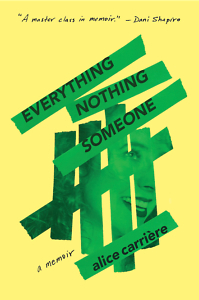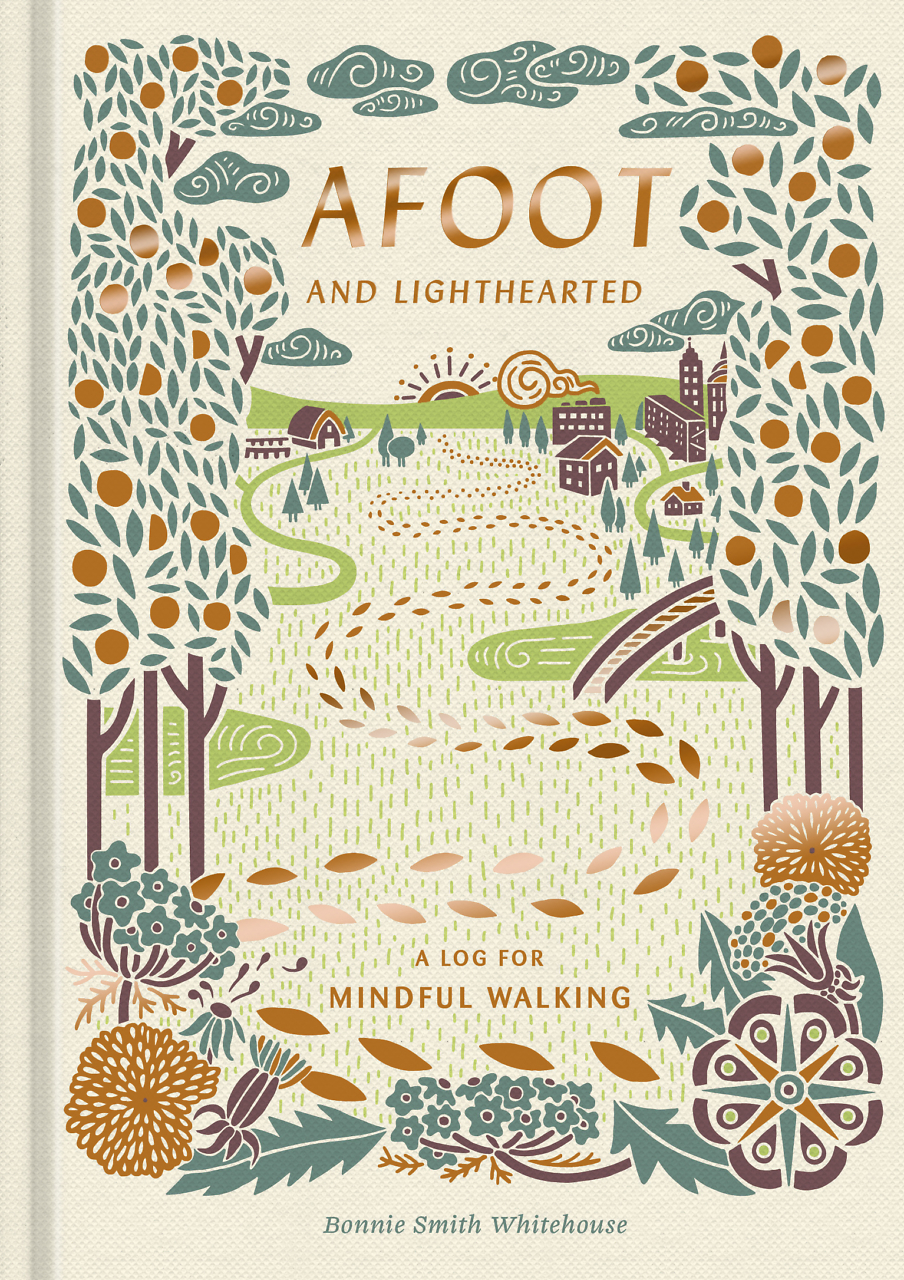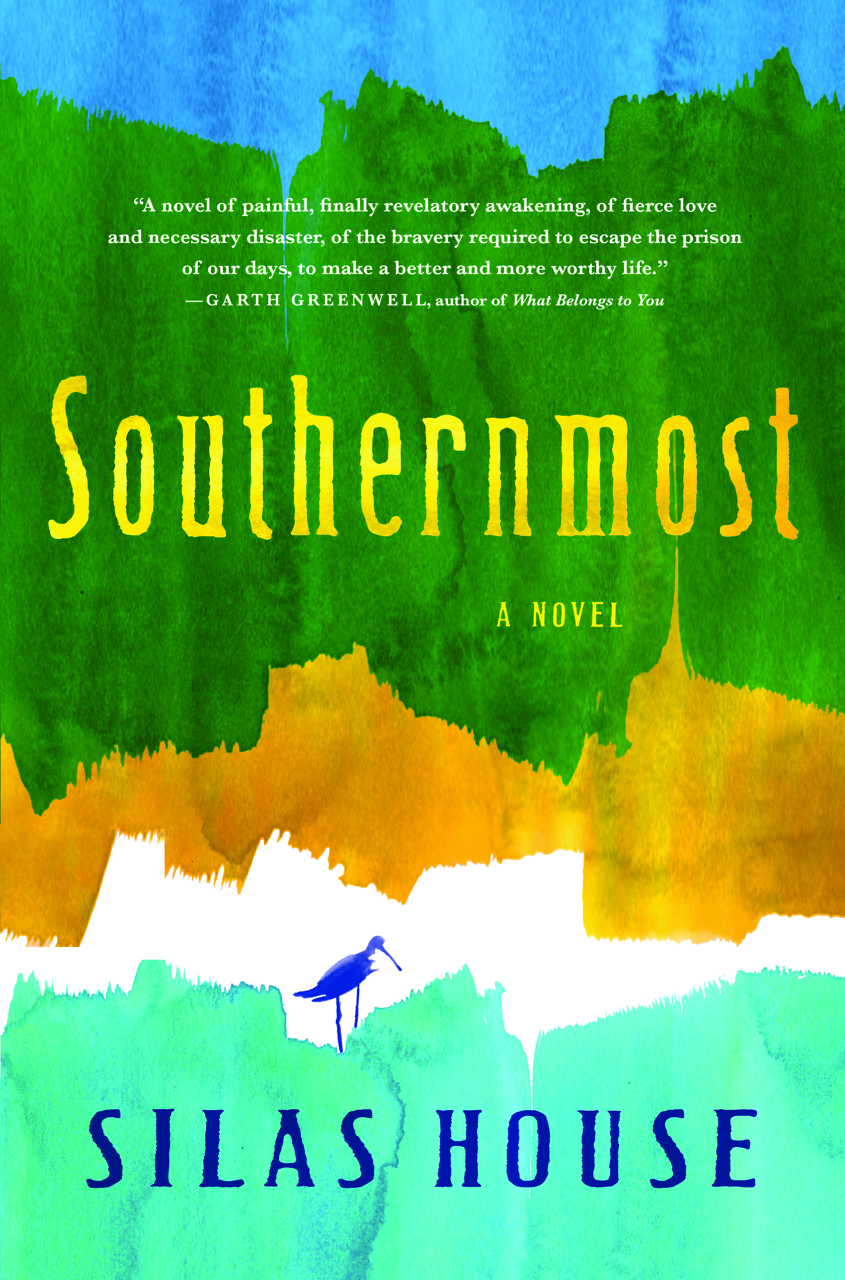Taking Back the Narrative
Alice Carrière finds her way beyond a troubled upbringing in Everything/Nothing/Someone
Everything/Nothing/Someone, Alice Carrière’s wild, dark, riveting memoir, is governed by a certain lawlessness. The daughter of actor Mathieu Carrière and artist Jennifer Bartlett, Carrière grew up in New York City, in the ‘90s, in a 17,000-square-foot building “where people came to lock themselves in and fall apart.” She was raised by a nanny “who could be fired and disappear at any moment.” Her parents were consumed by their own ghosts and pettiness; the lion’s share of their attention was devoted to their respective creative pursuits, as well as attempts to destroy one another during their six-year divorce.

Carrière mines her strange childhood — seemingly privileged yet violently neglected — as she traces the roots of her dissociative disorder. This memoir is about something more interesting than ego. It’s an account of a highly specific crackup, and a significantly self-inflicted one, though a few of the usual suspects, including absentee celebrity parents and the American mental healthcare system, share much of the blame.
Having reached the point of being totally broken, unable to work or even to take care of herself in the most basic ways, Carrière embarks on piecing herself together.
Overall, Everything/Nothing/Someone leaves the impression of a girl and young woman imagining her path to becoming the older adult she can’t yet fully conceive. Carrière has had no models, no mentors, no unconditional love, neither emotional scaffolding nor steadiness. There are moments of bracing sexual frankness in the book (and gross impropriety on the part of her father as well as his friends), a few indelible images of brutality, and scant doses of dry humor.
The material affluence that in some ways cushioned her upbringing was not what it appeared; her parents’ handling of money was erratic. Carrière writes, “My mother was, in her chronic extravagance, somehow always almost broke.” The highs and lows, the constant unevenness engendered Carrière’s instability. “Starting at seven years old I said that the only feelings I could feel were ‘guilt, regret, and nervous excitement.’” It is true she lived in a building so large she had an entire floor or two to herself, which is almost unheard of for anyone in Manhattan. It is also true that she never possessed a sense of foundation. The place in which she lived, for instance, Carrière refers to by its address, not once as “home.” Her world proved over and over to be untrustworthy, so she didn’t learn to trust. How, then, was she to trust herself?
 For years, self-harming offered Carrière a means to get back to herself. “It centers me,” she writes, “and it re-establishes causality. When I cut I know I will bleed and then I know I will heal.” Throughout her teens and 20s, the author spends days, weeks, and months at mental hospitals. While checking out after more than a year at one rehabilitation facility, where the recommended stay was “indefinite,” Carrière is told by a psychiatrist, “We hope to see you back here.”
For years, self-harming offered Carrière a means to get back to herself. “It centers me,” she writes, “and it re-establishes causality. When I cut I know I will bleed and then I know I will heal.” Throughout her teens and 20s, the author spends days, weeks, and months at mental hospitals. While checking out after more than a year at one rehabilitation facility, where the recommended stay was “indefinite,” Carrière is told by a psychiatrist, “We hope to see you back here.”
Carrière takes back the narrative — from the overmedicating doctors, from her mother and father’s laissez-faire approach to parenting and laughable incapacity to discipline themselves, from the fun-house mirrors of her own fabrications — and does so by straightforward methods: anecdotes, unsentimental and detailed reportage, dry and desirous digressions, and remembrances are laid out without self-pity or flashiness. If her innocence had decades ago been breached, with Everything/Nothing/Someone, Carrière lays claim to the territory. She, in other words, reclaims herself.
There is an irresistible magnetism at work, the astute — often shocking, sometimes hilarious — observations sit in close proximity to the awkwardly ponderous. The reader who engages will be rewarded. Improbably. Carrière makes brilliant use of her parents’ respective failings not merely as a black hole that led to her self-harming and obsession with her own demise, but as a structural stimulus. The sum of her family’s offenses serves as a useful device. The memoir ultimately enters an elegiac phase of tenderness and surprising beauty.
Everything/Nothing/Someone’s heartbreaking passages transpire through the lens of a narrator who identifies as “a dispassionate documentarian” of her life. Calling herself “the receptacle of my parents’ stories,” she writes, “To my mother, I was a symbol, proof that she could create anything she wanted to, against odds, against expectation, against nature. To my father, I was the mother who didn’t regret him, the wife who hadn’t left him, the collaborator who would never outgrow him.”
All of the stages are here: overattachment to dolls, neglect, bad boyfriends, dependence on drugs and alcohol that precedes sobering self-reliance, dreams of conventional family life, the narcissism of artist parents wholly unfit to rear children, a vast and unrelenting sense of loneliness and longing, journey through the wilderness of self. All along a life driven toward actualization, order catalyzed by chaos, a story of the author centering herself in the middle of her circumstances.
This book is not without its cringe-inducing moments, but Everything/Nothing/Someone is held together, even elevated, by the force of Carrière’s honesty, which lives in her prose. This honesty was always where her liberation would be found.

Sarah Norris has written about books and culture for The New Yorker, San Francisco Chronicle, The Village Voice, and others. After many years away, she’s back in her hometown of Nashville.


